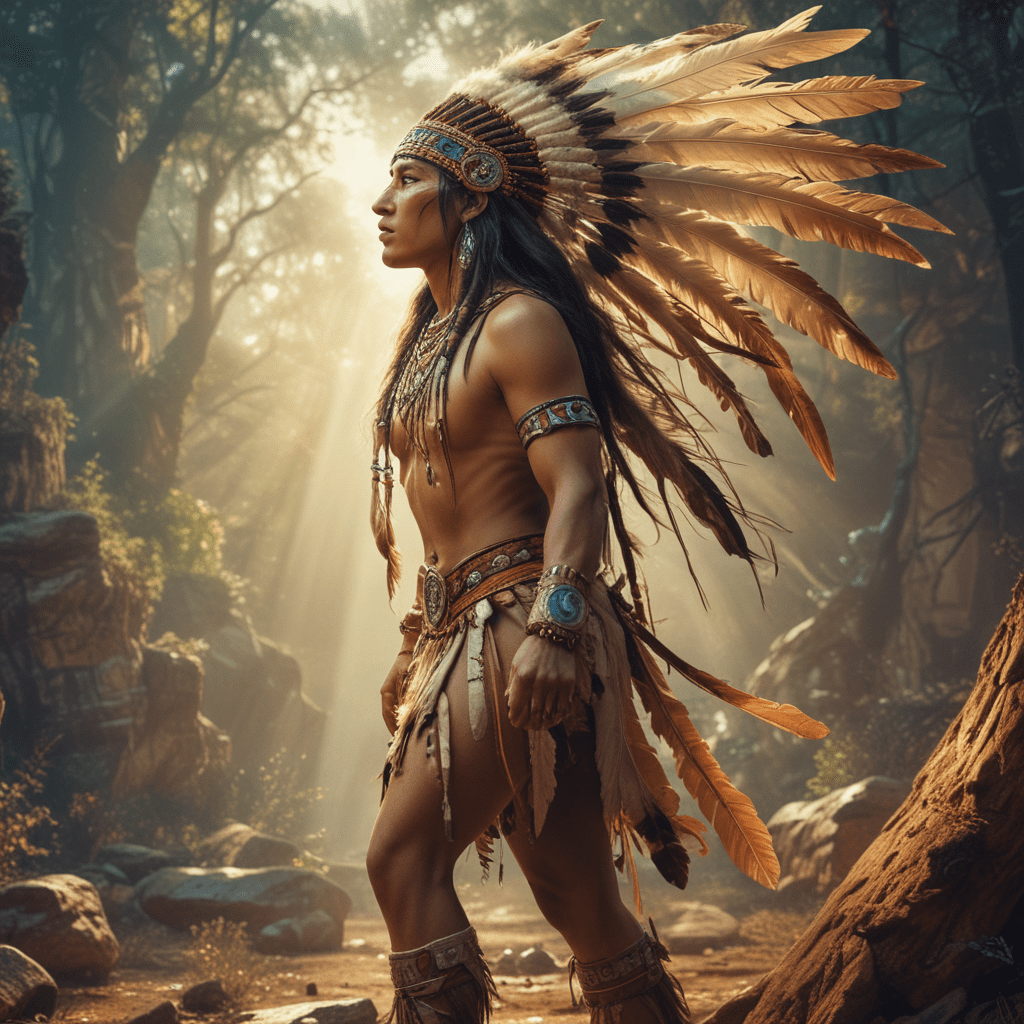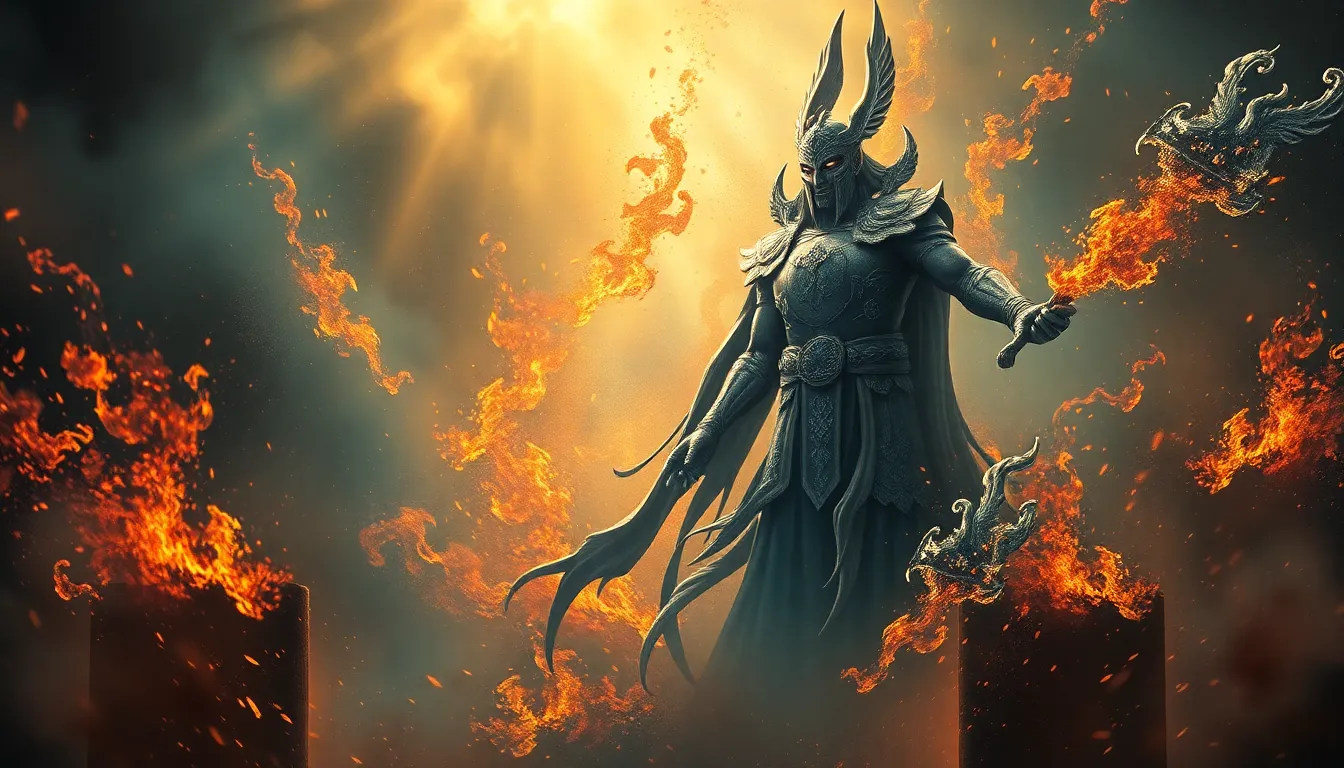The Mythology of the Ponca Tribe
The Ponca tribe, an indigenous people of the Great Plains, possesses a rich and captivating mythology that has been passed down through generations. Their stories, steeped in ancient wisdom and deep connections to the natural world, offer profound insights into the tribe's cultural identity, beliefs, and worldview.
1. Creation and Origin
The Ponca creation myth narrates the genesis of the world from a primordial state of darkness and chaos. According to this myth, the Earth emerged from the depths of the primordial waters, brought forth by the Great Spirit, Wakan Tanka. The first humans, the Ponca ancestors, were created from the clay of the Earth and given life by the breath of Wakan Tanka.
2. Tricksters and Transformation
In Ponca mythology, trickster figures play a significant role as agents of chaos and transformation. The most prominent trickster is Ictinike, who embodies the qualities of cunning, deception, and humor. Ictinike's actions often disrupt the established order, challenging norms and bringing about change. Through their antics, tricksters serve as catalysts for both personal and societal transformation.
3. The Sky and Celestial Deities
The Ponca revered the sky as a sacred realm inhabited by powerful celestial deities. The Sun, known as Pa, was considered the father of all living beings, while the Moon, Ta, represented the feminine principle and controlled the tides and fertility. Other celestial figures included the Morning Star, the Evening Star, and the Thunder Beings, who were responsible for bringing rain and thunder.
4. The Earth and Its Guardians
The Ponca held the Earth in high regard as the source of life and sustenance. They believed that the Earth was inhabited by a multitude of spirits, including the buffalo, the wolf, the bear, and the eagle. These spirits were considered guardians of the Earth and played vital roles in maintaining the balance and harmony of the natural world.
5. Animal Spirits and Symbolism
Animals held deep spiritual significance for the Ponca tribe. Each animal was believed to embody specific qualities and powers. The buffalo, for instance, represented strength and abundance, while the wolf symbolized wisdom and loyalty. The eagle, soaring high above the Earth, was seen as a messenger between the heavens and the human world. By understanding the nature of animals, the Ponca people sought to emulate their virtues and gain their protection.
6. Sacred Stories and Teachings
Ponca mythology is replete with sacred stories that convey cultural values, ethical principles, and lessons about the human condition. These stories are often told during ceremonies, powwows, and other gatherings. By listening to and internalizing these narratives, Ponca people learn about their ancestors' wisdom, the proper way to live in harmony with nature, and the importance of maintaining balance and respect in all aspects of life.
7. The Thunder Being
The Thunder Being, known as Wakinyan, is a powerful and enigmatic figure in Ponca mythology. Associated with thunder, lightning, and rain, Wakinyan is believed to control the weather and bring fertility to the Earth. Depicted as a magnificent bird or a horned serpent, Wakinyan symbolizes both the life-giving and destructive forces of nature. Ponca people hold Wakinyan in high regard and offer prayers and ceremonies to honor its power.
8. Níkaniš and the Struggle with Evil
Níkaniš is the Ponca name for the evil force that opposes the power of Wakan Tanka. Níkaniš embodies chaos, darkness, and destruction. In the Ponca mythos, Níkaniš is constantly trying to disrupt the balance and harmony of the world. The ongoing struggle between Wakan Tanka and Níkaniš represents the eternal battle between good and evil, a theme that resonates deeply within the human experience.
9. The Dream World and Spirituality
Dreams hold profound significance in Ponca mythology. The dream world is considered a sacred realm where individuals can connect with the spirit world, receive guidance, and gain insights into their own lives. Dreams are interpreted carefully, as they are believed to carry messages from the ancestors, the spirits of nature, and even Wakan Tanka himself. By paying attention to their dreams, Ponca people seek to align their thoughts and actions with the sacred forces of the universe.
10. Modern Interpretations and Adaptations
In contemporary times, Ponca mythology continues to evolve and adapt to the changing world. While the core beliefs and stories remain largely intact, modern interpretations often incorporate new perspectives and insights. Through art, literature, and other forms of cultural expression, Ponca people are finding creative ways to share their mythology with a wider audience and to explore its relevance in the present day.
FAQ
Q: What is the significance of the buffalo in Ponca mythology?
A: The buffalo is a sacred animal in Ponca culture, representing strength, abundance, and the interconnectedness of all living beings.
Q: Who is Ictinike?
A: Ictinike is the Ponca trickster figure, known for his cunning, humor, and ability to disrupt the established order.
Q: What role does Wakinyan play in Ponca mythology?
A: Wakinyan is the Thunder Being, associated with weather, fertility, and the balance of nature.
Q: How do Ponca people view dreams?
A: Dreams are considered sacred and hold deep spiritual significance, providing guidance and insights into life.



